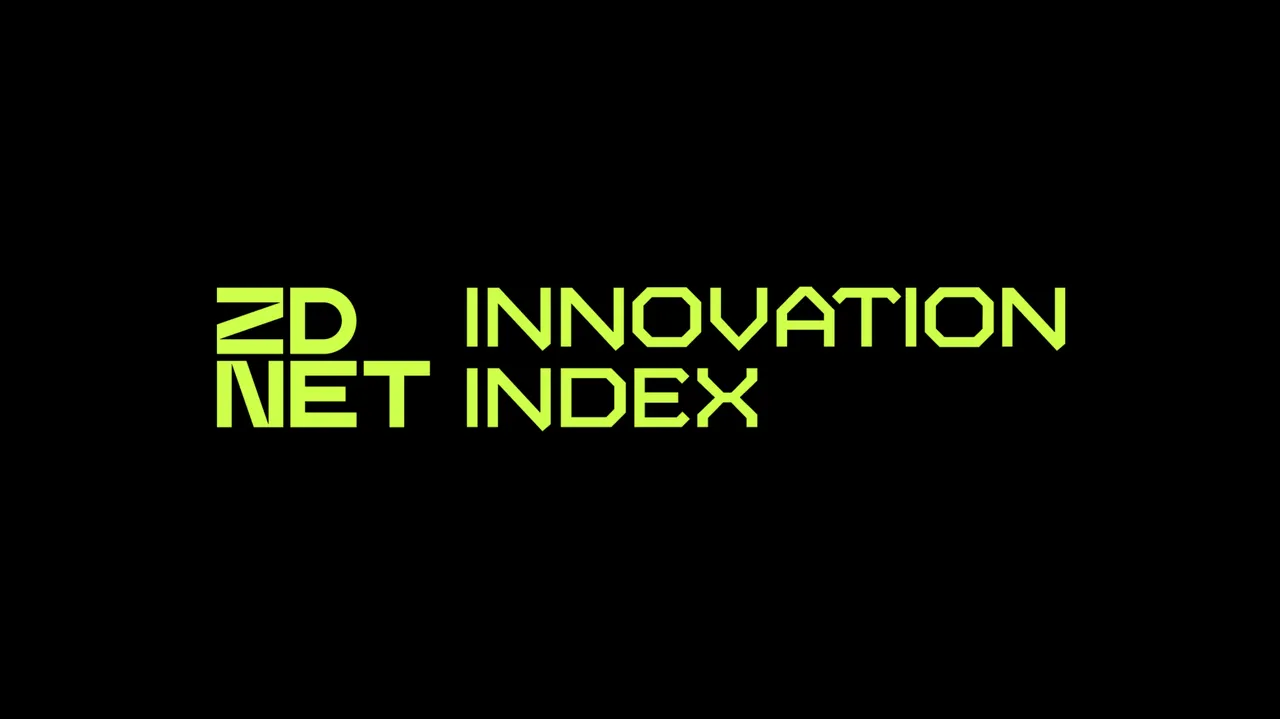In a move that has sparked intrigue and debate, OpenAI, the creators behind ChatGPT, has announced its entry into the voice assistant market with a groundbreaking voice-cloning technology. However, in a cautious approach, the company has decided not to release the technology to the public at this moment. This decision underscores the potential risks and ethical considerations associated with AI voice cloning, particularly in an era where digital authenticity is increasingly scrutinized.
The technology, dubbed Voice Engine, boasts the capability to replicate a person’s voice with as little as 15 seconds of audio. This advancement could revolutionize how we interact with digital content, providing more personalized and engaging user experiences across various platforms. Despite the promise, OpenAI has raised concerns about misuse, especially in sensitive contexts like elections. The company highlighted an incident involving AI-generated robocalls mimicking President Joe Biden to thousands of voters in New Hampshire as an example of the potential for harm.
While voice cloning isn’t a novel concept—several companies, including big tech firms and startups, have explored similar technologies—OpenAI’s entry is notable for its potential impact on the market and the broader conversation about AI ethics. The company’s technology is priced competitively, suggesting that it could become a cost-effective solution for generating high-quality synthetic speech. This has implications for various industries, from entertainment to customer service, though it also raises questions about the future of voice acting as a profession.
To mitigate risks, OpenAI has implemented several safety measures, such as requiring users to disclose when voices are AI-generated, watermarking audio for traceability, and establishing a “no-go voice list” to prevent impersonation of prominent figures. These steps, while necessary, highlight the complex balancing act between innovation and responsibility in the development of AI technologies.
Despite not being widely released, OpenAI’s cautious approach reflects a growing awareness within the AI community about the ethical implications of such technologies. As voice cloning tools become more accessible, the industry and regulators will need to navigate these challenges carefully, ensuring that advancements enhance our digital lives without compromising security, privacy, or authenticity.






























